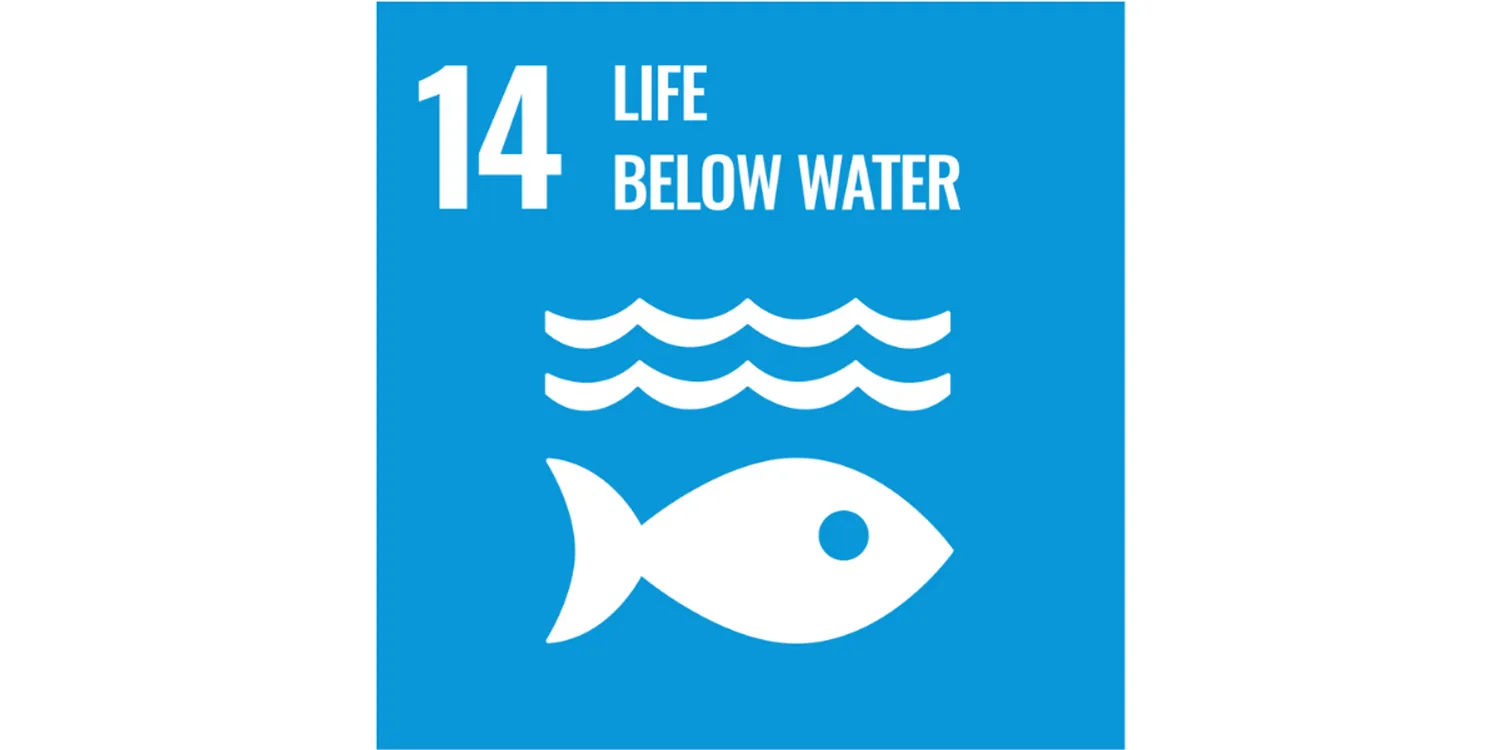14 Apr 2023
The Sustainable Development Goals or SDGs are a set of 17 aspirational targets established by the United Nations in 2015 as part of the 2030 Agenda for Sustainable Development. The SDGs serve as a "blueprint to achieve a better and more sustainable future for all" and address a wide range of global challenges, including environmental degradation.
Research and innovation projects like TechOceanS play a critical role in achieving the SDGs by providing a scientific basis for decision-making and informing policy development and implementation.
SDG 14, also known as the "Life Below Water" goal, aims to conserve and sustainably use the oceans, seas, and marine resources. SDG 14 is important because the health of our oceans and marine resources has a direct impact on the well-being of both present and future generations. The ocean plays a critical role in regulating the planet's climate, provides food and livelihoods for billions of people, and supports a rich diversity of life.
However, the ocean is facing numerous threats, including overfishing, pollution, habitat loss, and climate change, which pose serious consequences for the health of marine ecosystems and the services they provide. TechOceanS addresses SDG 14 through the development of technologies to enable environmental baseline and impact assessment and management of marine resources for sustainable development, such as:
- Biogeochemical sensors for measuring ocean acidification and its impacts.
- Imaging, bio-assay enabled Lab on a Chip, and nucleic acid systems able to improve fisheries management through stock assessment, non-indigenous species monitoring, and parasites, pathogens, contaminants and faecal contamination tracking.
- Imaging and cytometer systems that provide information on the prevalence and fate of marine plastics and effectiveness of management measures.
- Ecogenomic and imaging technologies to deliver unprecedented data on ocean biology and biodiversity.
TechOceanS research will help gather this data at an unparalleled scale while the robust and low-cost technologies will be suitable for use by resource-poor countries and small island states. This will maximise benefits for the growth of scientific knowledge, the transfer of marine technology, improve forecasting, and empower evidence-based decision making.
In addition to supporting SDG 14 directly, TechOceanS technologies will also contribute to:
- SDG 3 – Good Health and Well-being (by improving monitoring of, for example, water as a path for infectious disease or pollution health risks, toxins in seafood)
- SDG 6 – Clean Water and Sanitation (chemical and biological water quality monitoring)
- SDG 15 – Life on Land (e.g. biodiversity assessment of terrestrial aquatic environments)
- SDG 5 – Gender Equality and
- SDG 2 – Zero Hunger, both critically affected by SDG 6 and SDG 3.
By prioritizing the conservation and sustainable use of our oceans and marine resources, we can ensure the well-being of present and future generations.
